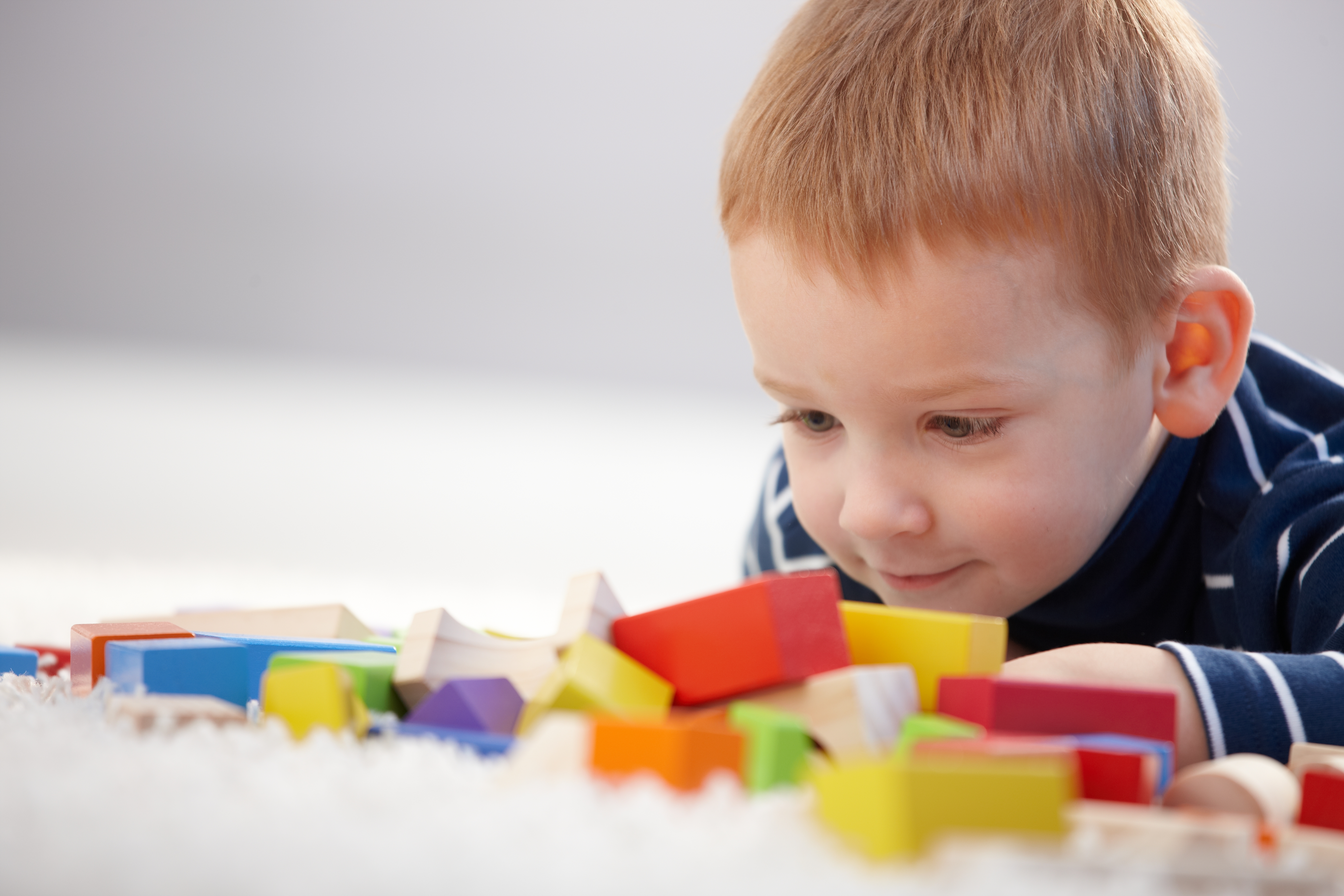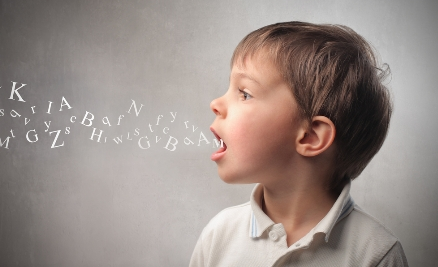Our in-depth look at tools for speech therapy continues with a look at free speech therapy tools that you can use at home. Worksheets and Printable Handouts. We have searched the Internet for worksheets that you can use with your child to use as support material in your speech therapy efforts. There are many different worksheets and handouts to choose from, so we have narrowed it down for you and organized these activities into two categories: activities to help build speech and language skills and activities to help build literacy. And, as we continue to emphasize, these are not a substitute for proper evaluation and treatment from an SLP. These handouts are purely to provide your child with hands-on resources for improving articulation, language building and increased literacy at home and to help build a foundation for correct speech patterns and comprehension.
Books Are Excellent Speech Therapy Tools!
Articulation Disorders At Home Ideas Language Development Parents' Corner School Speech Disorders Speech Therapist Speech Therapy Techniques
Yes, Books are excellent speech therapy tools and effective way to improve articulation disorder. As we continue our in-depth look at tools for speech therapy, we take a look at books. Reading to your child is one of the most important things you can do as a parent or caregiver whether or not you child has a speech disorder. As we have mentioned before, reading to your child helps make connections with what he or she is hearing and functions as a building block to language development. Reading comprehension is an essential tool for a child’s future academic achievement and social well-being. Not only does reading books serve as an effective form of speech therapy, it’s an excellent way to engage and entertain your child. The books listed below are not intended to replace speech therapy with an SLP. Rather, these are books that you can read at home with your child, to encourage sound production and set them up for correct articulation patterns.
Top 10 Online Sites for Building Language Skills
At Home Ideas Language Building Games Language Development Parents' Corner Speech Therapy Techniques
Many websites are designed to help your child with building language skills and improving communication.
Online games and resources are excellent tools to help children build language and vocabulary skills and prepare them for reading and speaking success for the future. Using the computer to access online resources, children of all speaking abilities can develop vocabulary skills, learn to distinguish certain sounds, begin to recognize letter shapes and their sounds, learn to follow directions and learn basic building blocks in sentence formation. Yes, the games and activities are so fun and you may not think they’re actually learning – but with our recommendations, rest assured these sites are teaching children skills for building language skills and future effective communication.
Little Ways To Make Learning Fun!
At Home Ideas Games and Activities Language Development Parents' Corner School Speech Therapy Techniques

Card Games, Field Trips and Playing with Your Kids are Excellent Ways to Make Learning Fun! Image Courtesy of Shutterstock.
School is just about back in session after the long holiday break and your kids are chomping at the bit to get back to the books! Is this the case at your house? Perhaps NOT! For many kids, the thought of school, homework and learning are dreary tasks and not something typically viewed as fun. For many, learning and study correlate with serious and tedious. Believe or not, there are ways to make learning fun and effective and something your children will look forward to. Of course, there is always the moaning and groaning about getting back to a busy homework schedule, tests and turning in assignments but with a few tips and tricks, you can turn the negative into a positive and make the learning experience more fun for the kids.
The Most Common Articulation Disorders
Articulation Disorders Language Development Parents' Corner Pronunciation & Lisps Speech Disorders Speech Errors Speech Therapist
Speech and language articulation is the process by which a person forms words. This is done with different parts of the mouth, jaw, tongue, lips, palate and teeth. A child is considered to have an articulation disorder is if he or she is unable to produce the right sounds to communicate clearly and effectively. Articulation disorders are generally characterized by substituting one sound for another (wide for ride), omitting a particular sound (ban for band) or distorting a sound (sip for ship). Young children often make speech errors, however if these continue past a certain age, they are considered articulation disorders. Children by the age of 8 should be able to produce all sounds in English correctly.



